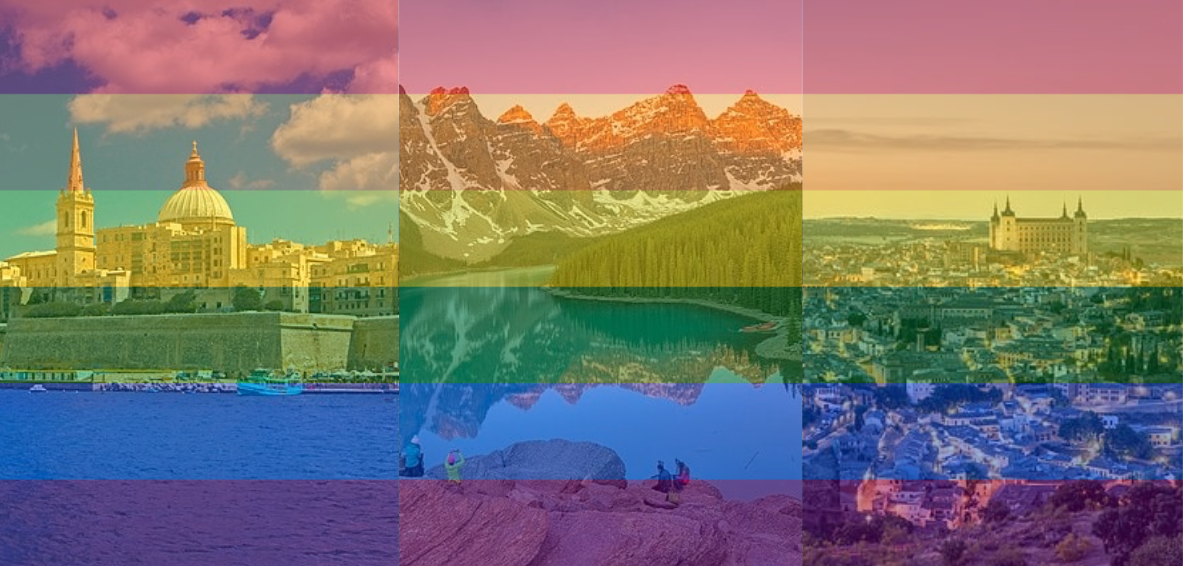
Bangladesh couple’s visa refusal challenged
A gay Bangladeshi couple have launched a High Court challenge over their refusal of protection visas, following a court decision based in part on an anonymous letter claiming that the men were not homosexual.
The Age reported that the men, who cannot be named for legal reasons, argued that a tribunal’s decision to refuse their protection but not show them the letter used as evidence was a miscarriage of justice.
According to The Age the men said that the letter was probably written by their former migration agent following an argument over unpaid legal fees.
The letter referred specifically to one of the men, stating that he had a girlfriend and questioning the validity of a number of his claims, including that he was homosexual at all.
Following the original decision in 2009, tribunal member Giles Short said that he would not ordinarily grant so much weight to anonymous information, however the inclusion of personal details of one of the men, including his Immigration Department file number and passport number, spoke to the letter’s validity.
The decision that the man was not homosexual was reached using this information and other inconsistencies in the couple’s evidence, although the man’s partner had supplied letters confirming his homosexuality from former housemates and a co-worker.
The men applied for protection visas after coming to Australia for World Youth Day in Sydney in 2008.
The High Court challenge follows two failed appeals in lower courts, and the outcome of the challenge will likely influence evidence and procedure standards in future Refugee Review Tribunal hearings.
LGBTI rights are not protected in Bangladesh, where homosexual sex acts are punishable by deportation, fines and/or up to life imprisonment.
Despite the equality of all citizens being constitutionally protected in Bangladesh, some exemptions are made on the grounds of “decency or morality”.
No civil rights laws exist explicitly protecting citizens on the basis of sexual orientation and gender identity.
By BENJAMIN RILEY









